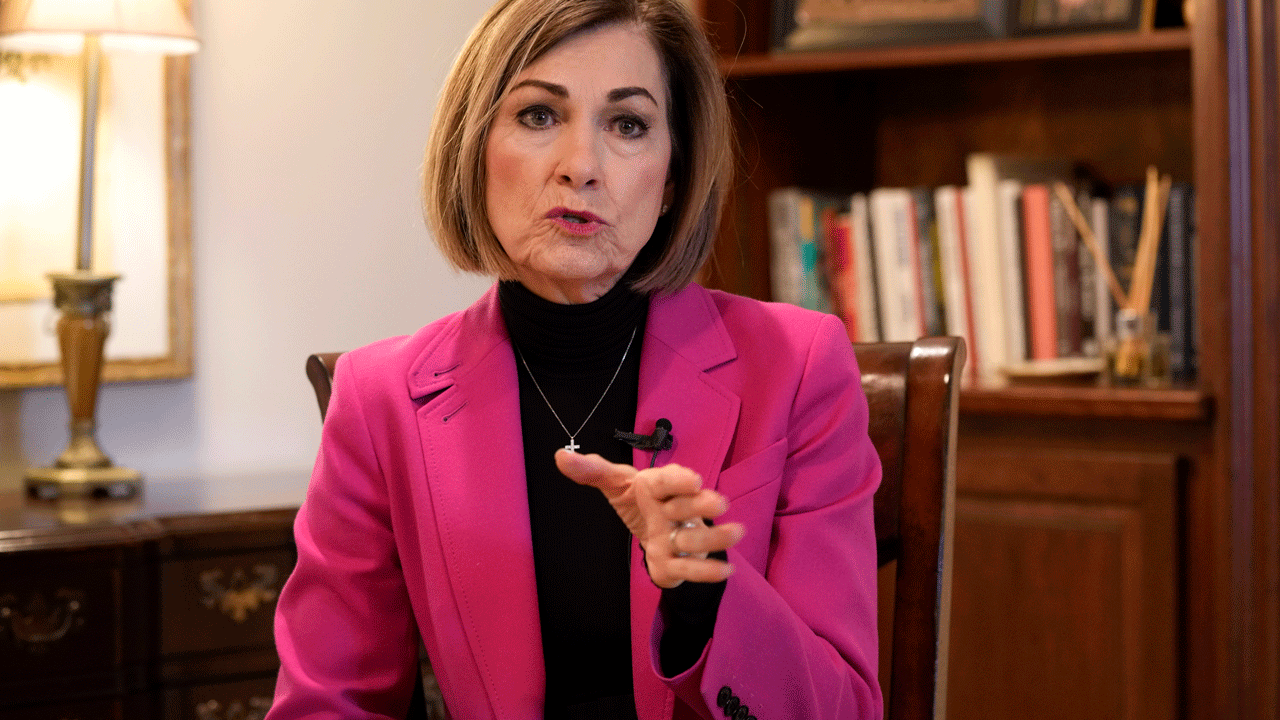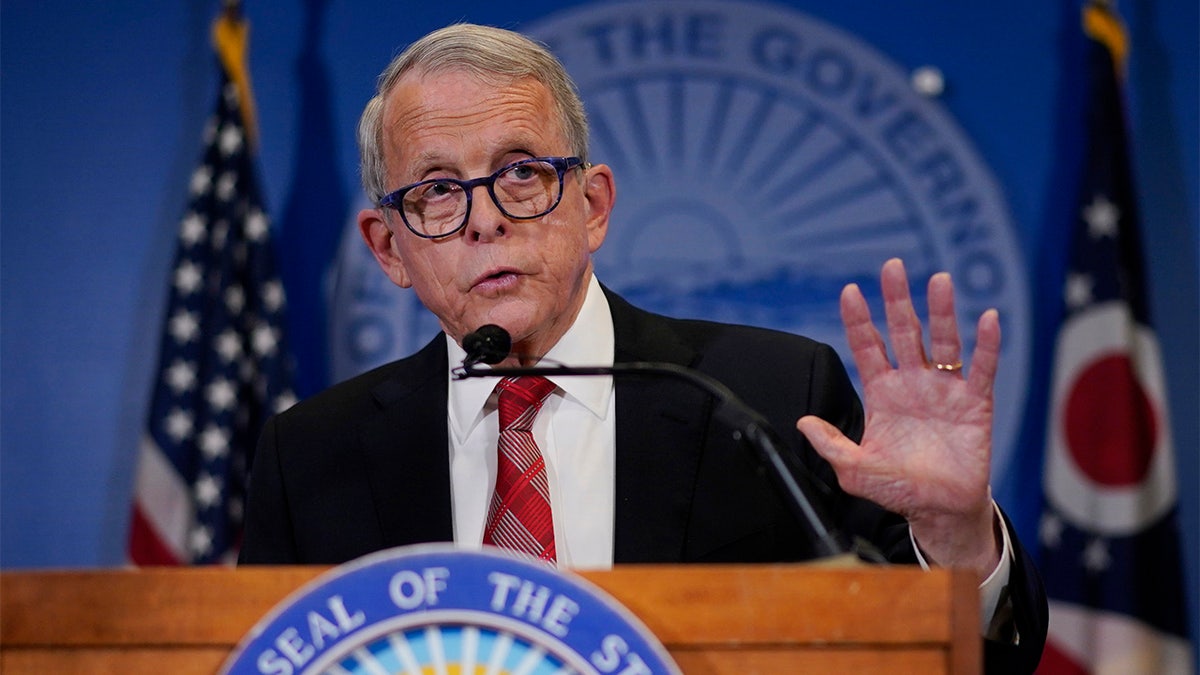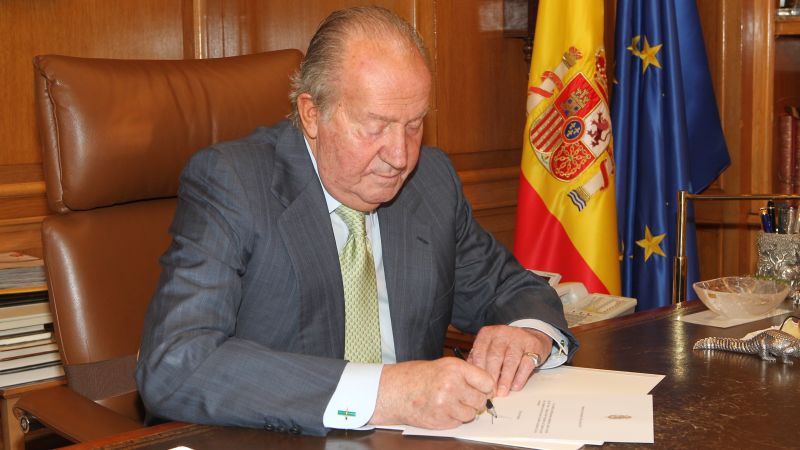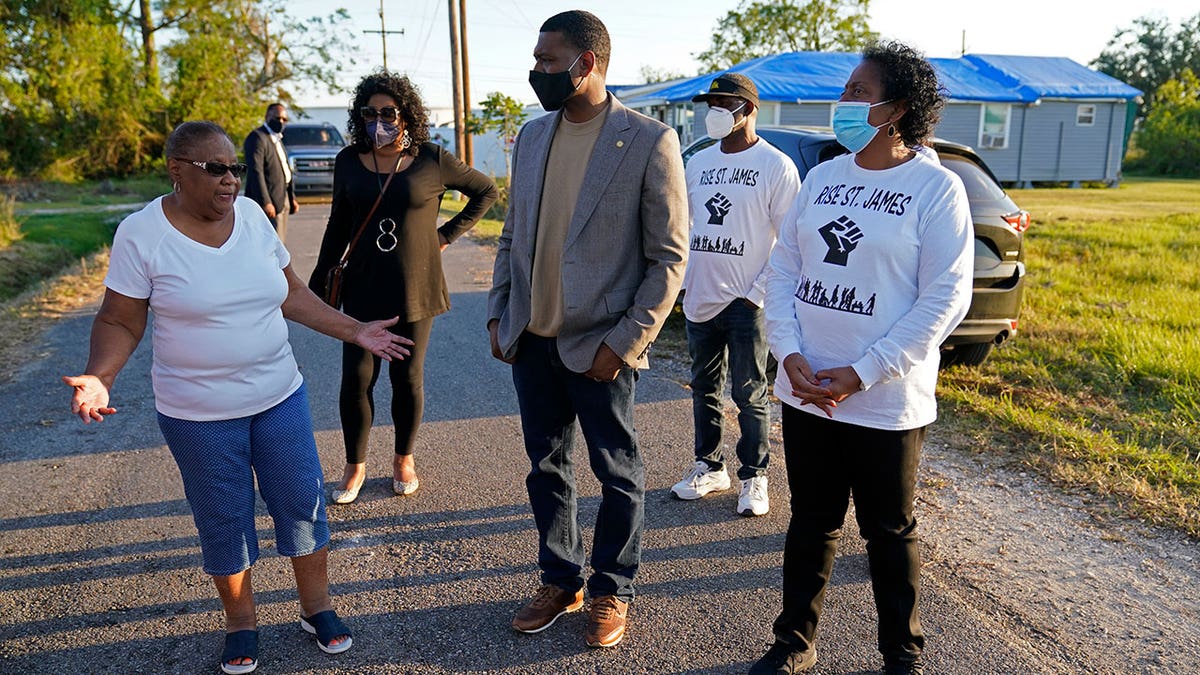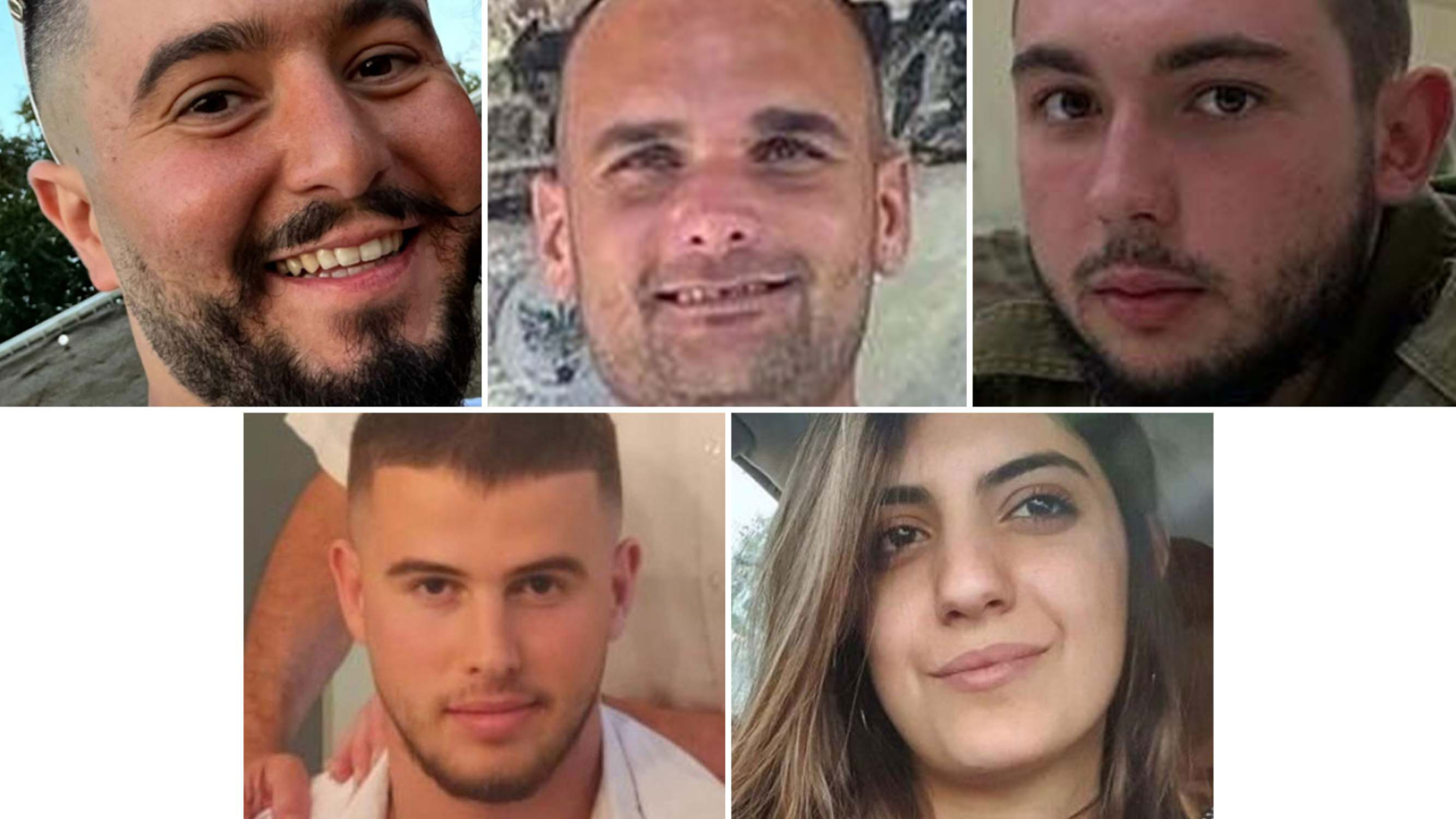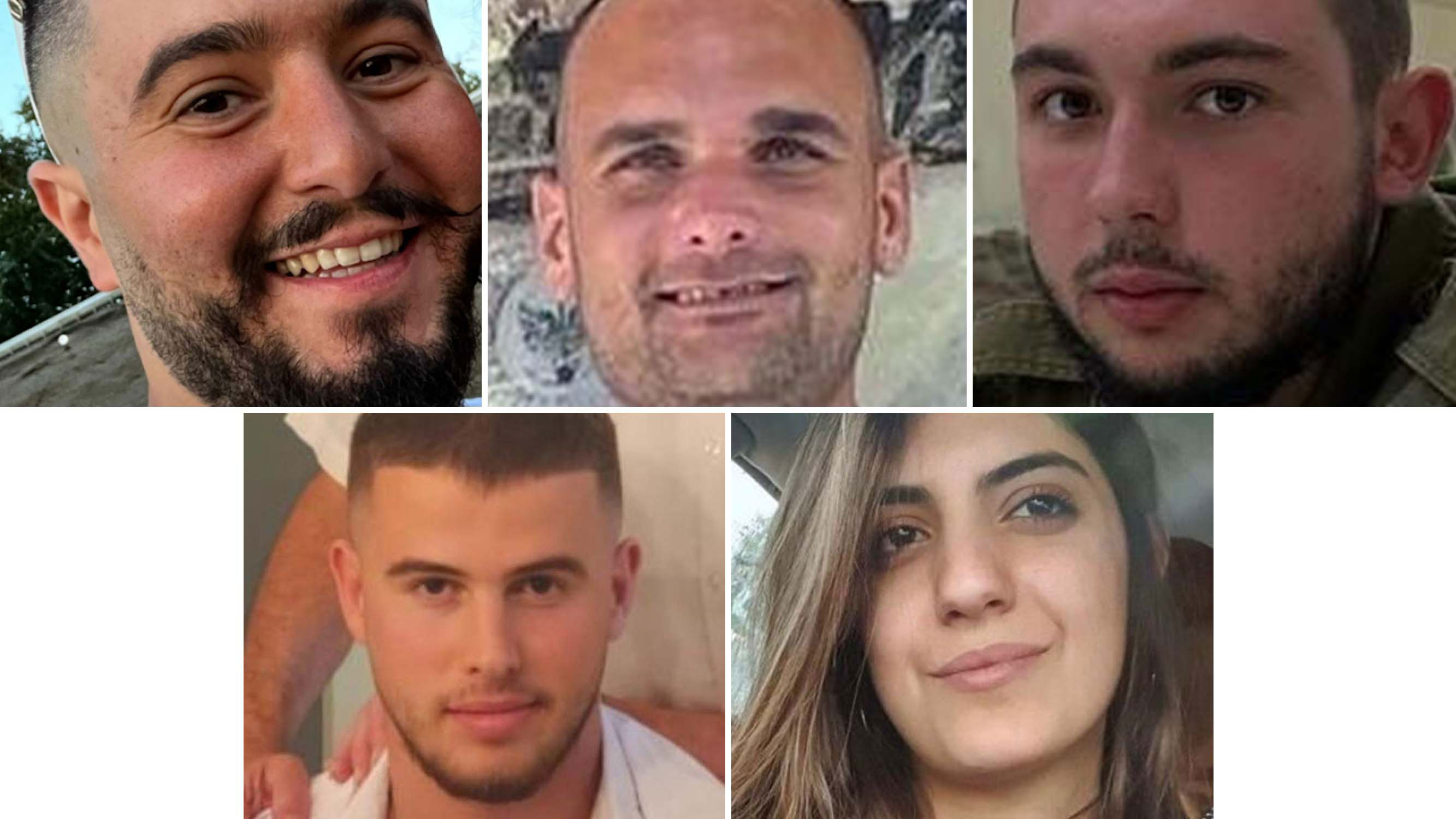DES MOINES, Iowa (AP) — A federal judge on Friday temporarily blocked key parts of an Iowa law that bans some books from school libraries and forbids teachers from raising LGBTQ+ issues.
Judge Stephen Locher’s preliminary injunction halts enforcement of the law, which was set to take effect Jan. 1 but already had resulted in the removal of hundreds of books from Iowa schools.
IOWA GOV. KIM REYNOLDS SLAMS MEDIA ‘BOOK BAN’ NARRATIVE: JUST A ‘D-MN DISTRACTION’
The law, which the Republican-led Legislature and GOP Gov. Kim Reynolds approved early in 2023, bans books depicting sex acts from school libraries and classrooms and forbids teachers from raising gender identity and sexual orientation issues with students through the sixth grade. Locher blocked enforcement of those two provisions.
The judge said the ban on books is “incredibly broad” and has resulted in the removal of history volumes, classics, award-winning novels and “even books designed to help students avoid being victimized by sexual assault.” He said that part of the law is unlikely to satisfy the constitution’s requirements for free speech.
In barring the provision barring any discussion of “gender identity” and “sexual orientation” in elementary school, Locher said the way it was written it was “wildly overbroad.”
Iowa educators lauded the decision.
“When education professionals return to work next week, they can do what they do best: take great care of all their students without fear of reprisal,” Mike Beranek, president of the Iowa State Education Association, said in a statement.
Reynolds’ office did not immediately comment on the ruling.
The judge let stand a requirement that school administrators notify parents if their child asks to change their pronouns or names, saying the plaintiffs did not have standing.
Iowa’s measure is part of a wave of similar legislation across the country. Typically backed by Republican lawmakers, the laws seek to prohibit discussion of gender and sexual orientation issues, ban treatments such as puberty blockers for transgender children, and restrict the use of restrooms in schools. Many have prompted court challenges.
Opponents of the Iowa law filed two lawsuits. One is on behalf of the organization Iowa Safe Schools and seven students, represented by the American Civil Liberties Union of Iowa and Lambda Legal. The other is by the Iowa State Education Association, publisher Penguin Random House and four authors.
The first lawsuit argues the measure is unconstitutional because it violates students’ and teachers’ free speech and equal protection rights. The second suit, which focused more narrowly on the book bans, argues the law violates the first and 14th Amendment’s equal protection clause.
CLICK HERE TO GET THE FOX NEWS APP
Lawyers for both lawsuits said the law is broad and confusing.
At a Dec. 22 hearing, Daniel Johnston of the Iowa attorney general’s office argued that school officials were applying the book ban too broadly. When deciding whether to remove books, educators shouldn’t focus on the idea of a sex act but instead look for text or images that meet Iowa’s definition of a sex act, Johnston said.

